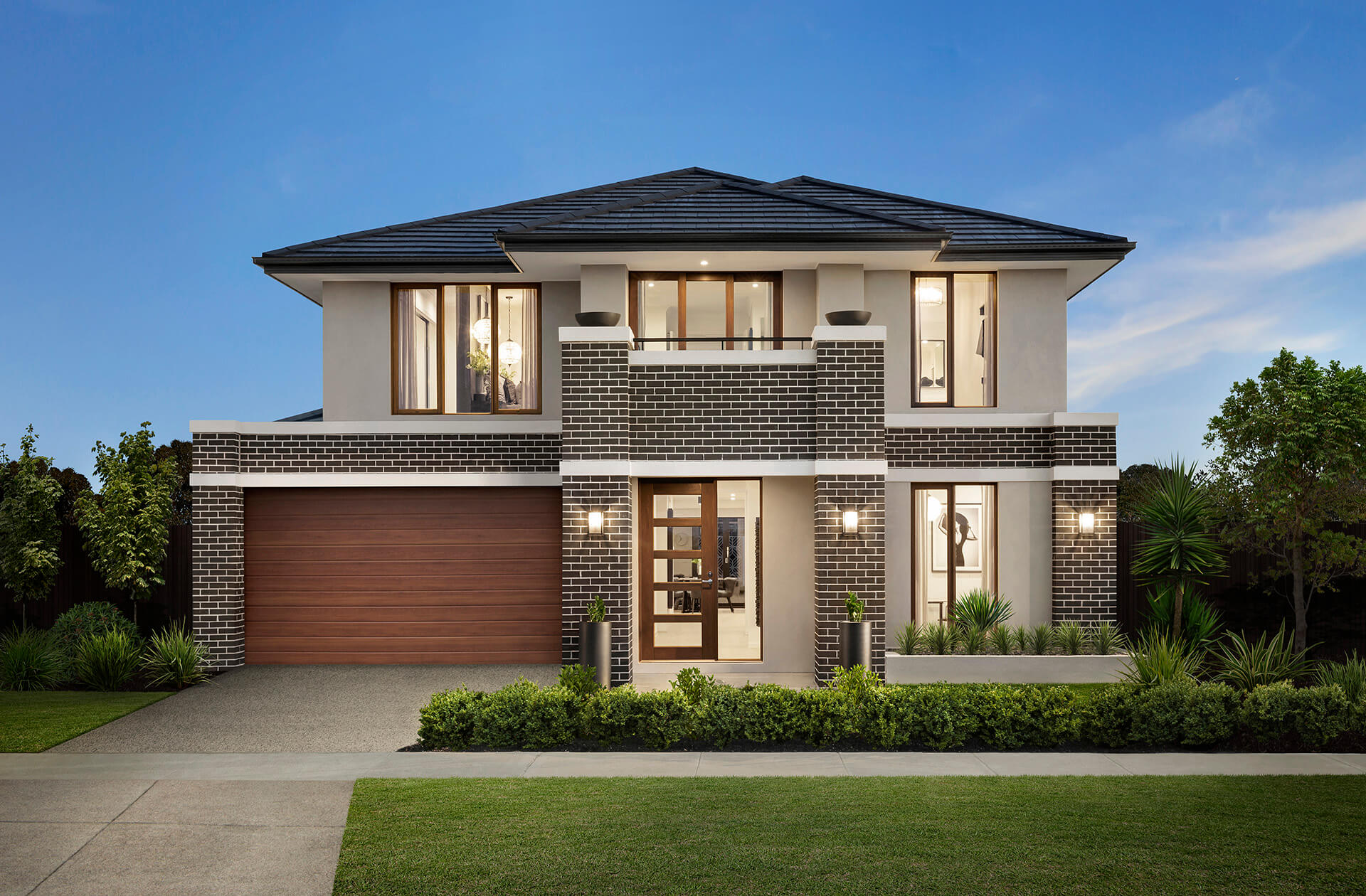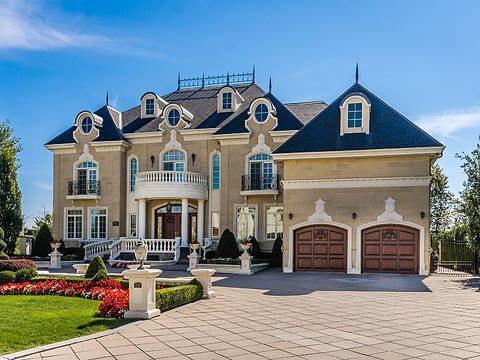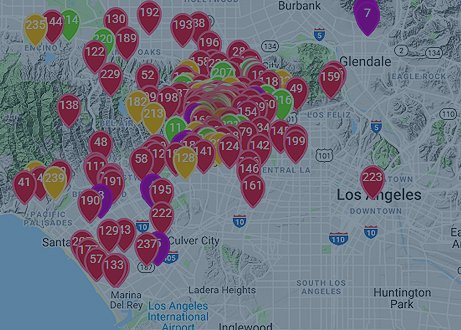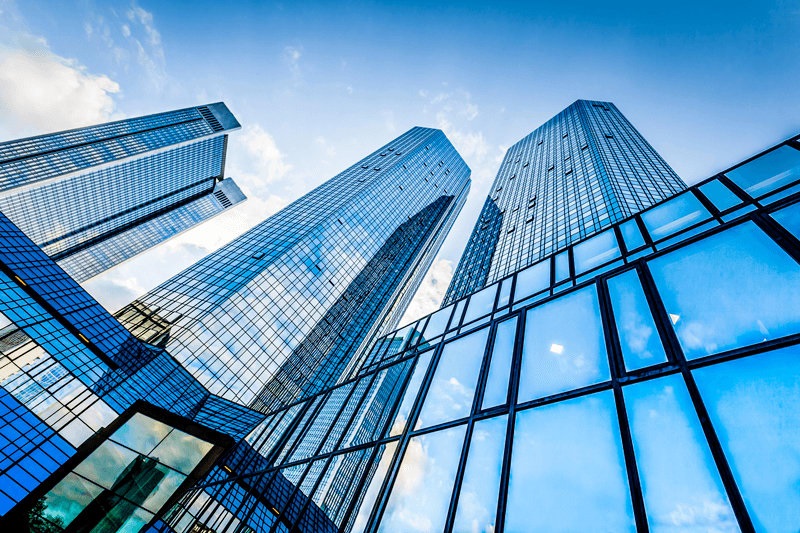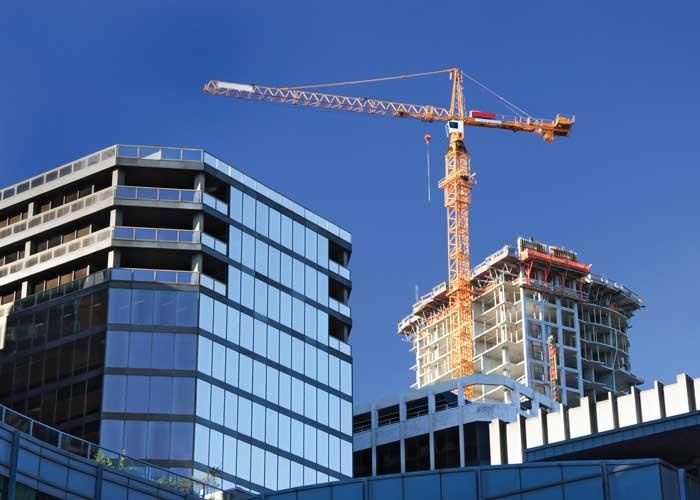
Saudi Arabia is taking a bold step to reshape its economy and urban development. Starting in January 2026, foreign nationals and companies will be allowed to purchase property in the Kingdom—something that was previously restricted. This policy shift is a significant part of Saudi Arabia’s Vision 2030, aimed at attracting global investment and modernizing the country’s infrastructure and economy.
Who Can Buy Property?
This marks the first time expats and non-Saudi citizens will legally be able to buy and own real estate in key cities like Riyadh and Jeddah. The law, passed in mid-2025, enables both individuals and corporations to invest in residential and commercial property without the need for Saudi citizenship.
Where Can Foreigners Own Property?
Ownership, however, will be limited to designated zones. As of now, the confirmed cities include Riyadh and Jeddah, with additional zones—possibly including NEOM, the Red Sea Project, and AlUla—to be announced later. Makkah and Madinah will remain restricted due to their religious significance, and special permissions may be required for any form of property access.
Eligibility and Conditions
Eligible buyers include foreign residents currently living in Saudi Arabia, overseas investors, international corporations, and real estate development firms. The law is expected to come with guidelines on the types of properties allowed, minimum investment amounts, and purchase procedures—all to be finalized before January 2026.
Implementation Timeline
The implementation timeline includes a public consultation period through a platform called “Istitaa,” where feedback on the law and its execution will be gathered. Full regulations, eligible areas, and legal terms will be officially published before the law takes effect.
Why Is Saudi Arabia Opening Its Market?
The goal behind this move is clear: Saudi Arabia wants to position itself as a global investment hub and compete with real estate-friendly Gulf neighbors like Dubai, Abu Dhabi, and Doha. Vision 2030 is at the heart of this transformation, with a clear focus on economic diversification, infrastructure development, and foreign direct investment.
Which Sectors Will Benefit?
This new law is expected to bring significant benefits to several sectors. Real estate development will accelerate, construction activity will surge, and demand for housing—especially in urban centers—will rise. Banks and mortgage providers, property management firms, and even infrastructure and cement industries are likely to experience growth due to increased activity in the real estate sector.
Is Now the Time to Invest?
For investors, Saudi Arabia presents a unique opportunity. Property prices in Riyadh and Jeddah are still lower than in Dubai or Doha, meaning there’s room for capital appreciation. Rental yields are expected to range between 6–8%, driven by growing demand for quality housing. The country’s mega-projects—such as NEOM, The Line, Qiddiya, and the Red Sea resorts—are drawing international attention and will require substantial real estate support.
How Does Saudi Arabia Compare to Other Gulf Markets?
Compared to Dubai, where property prices are higher and the market is more saturated, Saudi Arabia’s real estate sector is still emerging. This gives early investors a first-mover advantage. The potential return on investment could be higher, especially as the country eases regulations and improves foreign ownership protections.
What Should Expats and Investors Do Now?
To prepare, expats and investors should monitor updates from the Istitaa platform and study which areas are likely to be approved for ownership. Engaging with developers, reviewing financing options, and understanding property laws will be critical. Once the law is in place, it’s expected that international and local developers will begin launching targeted projects in the newly approved zones.
What Legal Protections Are in Place?
From a legal standpoint, the Saudi government has committed to establishing transparent ownership rules, fair title registration systems, and protections for foreign investors. This builds confidence and aligns the real estate framework with international standards.
A Regional Trend With Global Appeal
By opening its property market, Saudi Arabia joins other Gulf states in using real estate to attract global capital. Dubai experienced massive economic gains after its 2002 decision to allow foreigners to buy property. If Saudi Arabia follows a similar model, cities like Riyadh and Jeddah could become the next major real estate destinations in the Middle East.
A New Era for Saudi Arabia Begins
This new law isn’t just about allowing expats to buy homes. It’s about transforming Saudi Arabia into a globally competitive, investor-friendly country with world-class infrastructure and long-term growth. The country’s urban expansion, population growth, and mega-city projects create a ripe environment for real estate investment.
The Bottom Line
2026 marks a new era for Saudi Arabia. Foreigners will finally be able to invest in property, opening the door to both lifestyle and financial gains. Whether you’re an expat living in the Kingdom or an international investor looking for new markets, Saudi Arabia is preparing to welcome you—permanently.

